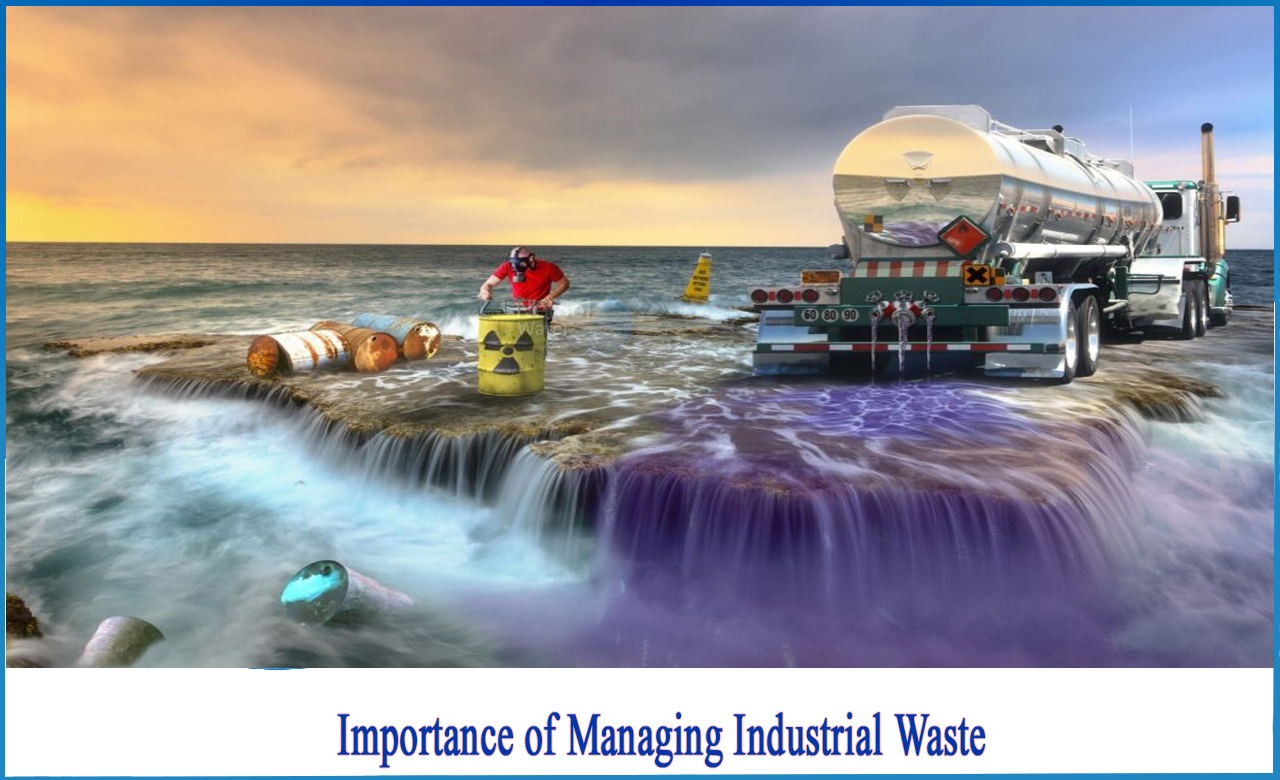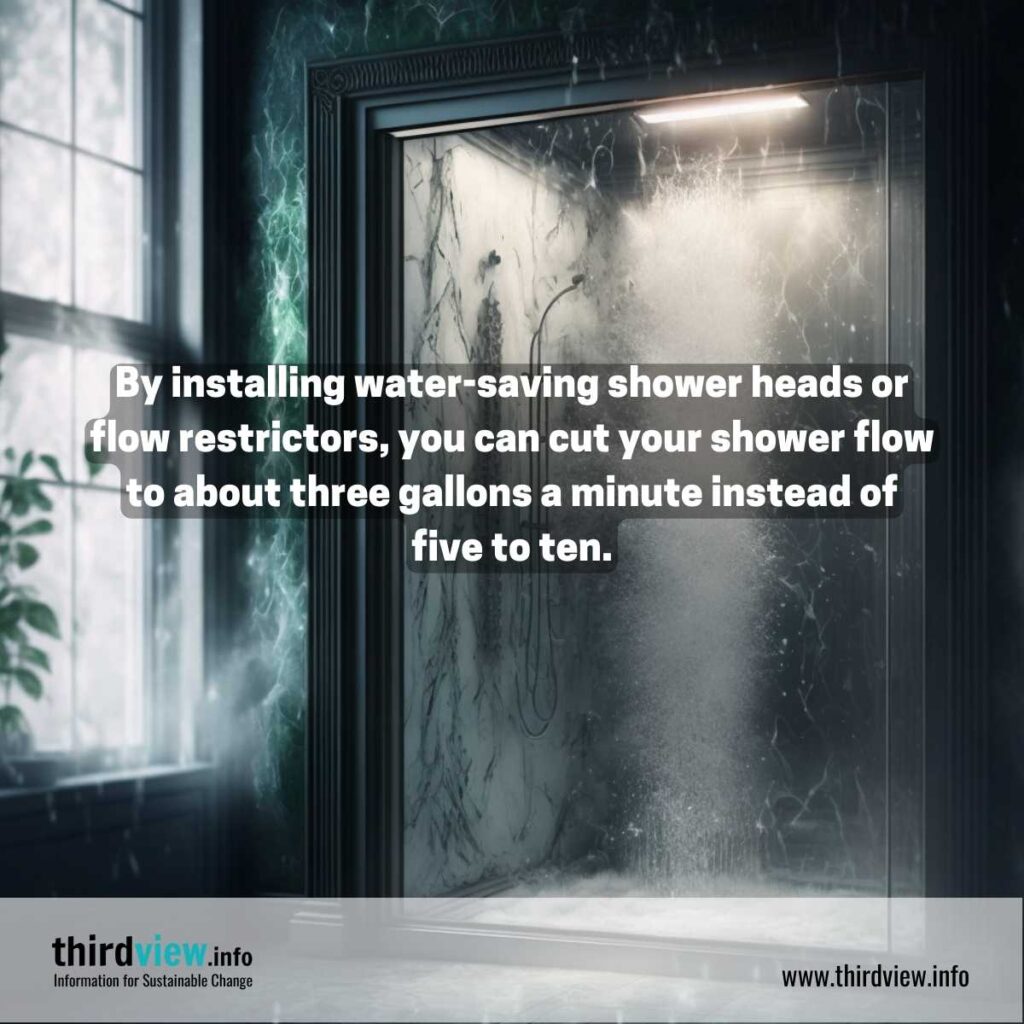6 Simple Techniques For Reclaim Waste
6 Simple Techniques For Reclaim Waste
Blog Article
The Best Guide To Reclaim Waste
Table of ContentsThe Single Strategy To Use For Reclaim WasteThe Basic Principles Of Reclaim Waste Some Known Facts About Reclaim Waste.The Definitive Guide for Reclaim WasteThe Of Reclaim WasteThe Single Strategy To Use For Reclaim Waste

Never place hazardous materials down sinks, commodes or stormwater drains Materials including fuel, oil, oil, pesticides and herbicides, and solvents such as paint pole dancers need to not be poured down sinks, bathrooms or stormwater drains pipes. These materials are challenging to eliminate in the sewer treatment procedure and cause contamination problems in our neighborhood rivers.

Fluid waste is a term that covers a wide variety of materials, there's a great factor why leaving its disposal to the specialists is advised. Fluid waste is non-solid material that has no further usage and has to be dealt with and gotten rid of according to local, state and government policies.
Get This Report on Reclaim Waste
Although examples of fluid waste can include wastewater, fats, oils or grease, used oil, liquids, solids, gases or sludges and hazardous house fluids, there are some that are taken into consideration to be extra unsafe than others when it concerns the atmosphere and the health of animals and human beings alike. It's consequently that each state and area have actually stringent laws connected to liquid waste management.
Fluid waste can be stored in holding storage tanks or packaged in drums, intermediate bulk containers or accepted small containers before either being treated or eliminated via outsourced vacuum cleaner trucks. Given the nature of the products, liquid waste can not enter the general waste stream and there are rigorous guidelines on exactly how to take care of it properly.
(https://www.openstreetmap.org/user/reclaimwaste1)Depending upon a decision of the level of threat, it might be needed to remediate those sites. On top of that, dangerous liquid chemical wastes are regulated waste and must be tracked in accordance with the state waste regulation. Under the chain of guardianship and duties, owners are liable and liable for waste created by a service.
One of the core applications for superabsorbent polymers (SAPs) is liquid waste solidification. liquid waste disposal. SAPs are utilized by waste administration experts to avoid potentially dangerous fluids from getting in waterways, groundwater aquifers, and other delicate settings. Because fluids can rapidly carry impurities into ecological receptors and possibly add to geotechnical failures, Visit This Link liquid wastes are almost always banned from disposal in land fills
6 Easy Facts About Reclaim Waste Explained
Primarily, cost-free fluids are fluids that divide from the strong part of waste product. Fluid waste can consist of the following: HDD mud and cuttings Land fill leachate Wastewater therapy sludge & biosolids Dug up debris Oil and gas drill cuttings Resolving fish pond muck Hydro Excavation slurry Coal combustion residuals/ash Tank base sludge Concrete grinding/polishing slurry Relevant Write-up: For a useful example of free fluids dividing from waste product, take into consideration the adhering to situation: A waste administration service provider tons a dump truck with sludge from a wastewater treatment plant's oygenation basin, during a routine upkeep occasion.
Nonetheless, when the driver reaches the land fill, he notices water leaching from the sludge and pouring from the dump vehicle. The tons was declined by the garbage dump and the driver was compelled to dispose of the waste as a fluid waste at a special facility, which raised the disposal charges significantly.
We additionally need to be accountable for the proper disposal of our waste products. It is not enough that we pay waste disposal firms to take care of our rubbish.
Reclaim Waste for Beginners

The ideal location is an excellent outdoor area with lots of sunlight and air. Segregate your waste. Segregating your waste can begin inside the home. Segregate dry and liquid waste in addition to edible waste, eco-friendly and non-biodegradable materials. Always keep the cover on your containers to prevent insects, worms, flies, and undesirable smells.
Layer the bottom with soil to take in the wet waste. Layer the compost with wet and dry waste as well as soil to maintain an equilibrium in between the wet and the dry.
Reclaim Waste - The Facts
To facilitate faster disintegration, you can additionally include semi composted dirt to the compost. If you see the odor is becoming also solid, add extra newspapers and paper waste or add even more holes to the compost bin to keep the balance of the waste materials.
The globe is sinking in rubbish and we can not manage to be reckless anymore. We need to take action and recycle whatever we can wherever we can. We likewise require to be accountable for the appropriate disposal of our waste materials. It is not enough that we pay waste disposal companies to care for our rubbish.
Our waste, our duty. Have you ever wondered what happens to your liquid waste after it's gathered? Did you recognize that liquid waste can be recycled?
The Facts About Reclaim Waste Uncovered
The optimal place is a great outside space with lots of sunshine and air. Segregate your waste. Segregating your waste can begin inside the home. Set apart dry and fluid waste in addition to edible waste, naturally degradable and non-biodegradable products. Constantly maintain the lid on your containers to stay clear of bugs, worms, flies, and unpleasant odours.
You can use old trash bin, pail, yard pot or old plastic drums. Drill 4 to five holes in the container so the air can distribute. Layer all-time low with soil to soak up the damp waste. Start the composting procedure. Layer the compost with damp and completely dry waste along with dirt to keep a balance between the damp and the dry.
To assist in faster decay, you can also include semi composted dirt to the compost. If you notice the scent is becoming too strong, include added newspapers and paper waste or add even more openings to the garden compost bin to keep the balance of the waste materials.
Report this page